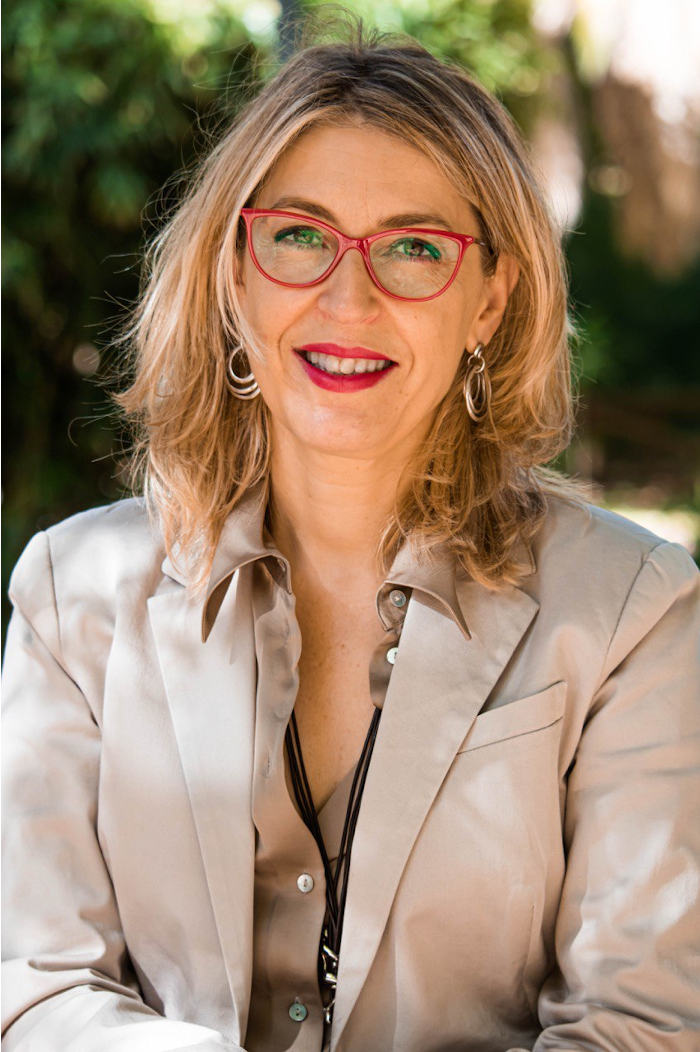-
11 July 2021
Category : Interview
“We are closer to a Europe of care services”
Interview with María Eugenia Rodríguez Palop, vice-president of the European Parliament’s Committee on Women’s Rights and Gender Equality
 Interview with María Eugenia Rodríguez Palop, vice-president of the European Parliament’s Committee on Women’s Rights and Gender Equality
Interview with María Eugenia Rodríguez Palop, vice-president of the European Parliament’s Committee on Women’s Rights and Gender EqualityOn the occasion of the Generation Equality Forum, the global meeting held in Paris to promote gender equality after the setbacks of the pandemic, in association with the European Union EUROsociAL+ programme, we interviewed María Eugenia Rodríguez Palop, vice president of the Commission on Women’s Rights and Gender Equality to analyse some of the main challenges.
Can we be satisfied with the new European Gender Equality Strategy 2020-2025?
This strategy has been a real step forward as it considers violence against women in a very comprehensive way. It has ratified the Istanbul Convention, underscoring the stance of the governments that have not ratified it and that promote disinformation campaigns about this convention in the European Union. I do not think that we are going to see a comprehensive directive that covers all male violence, but steps are definitely being taken in the recognition of gender violence as a European crime.
It also seeks to put forward specific measures to eliminate all forms of workplace segregation that exist in the employment market. There are completely male and female sectors that include cleaners, supermarket cashiers, health workers and workers in social services. These women are not only underpaid, they are undervalued from a social and cultural point of view. This is one of the questions that the strategy addresses.
We want care services to be looked after, to be public, accessible and universal. We want working from home not to be used to overload women and for the work of women in the world of care to be valued, as well as attending to their working conditions and health. We also need to ensure that a greater and better representation of women is achieved in the economic space and on the boards of directors.
Are we moving towards a European Pact for care services?
I would say without any doubt that progress is being made because before they were not even considered whereas now they are. It should also be pointed out that the social pillar of the European Union, which was the poor relation when compared to EU law and politics, is today much stronger. The minimum wage and wage transparency directive, which is being discussed in the European Parliament, will undoubtedly improve the lives of people and the lives of women in particular because it will expose and hopefully even eliminate the 14% salary gap that exists today between men and women. This gap then translates into a pension gap of 37%, which means that elderly women are far worse off than their male counterparts.
In addition, the conciliation directive has been strengthened, meaning that more pressure will be placed on countries to implement it. This is very important in the world of care, which is a world of women and which is completely feminised.
The segregation suffered by women in the public and work space is due to the overload of domestic tasks, making it essential to legislate on the co-responsibility of women and men within the home.
In short, it seems to me that we are certainly closer to a Europe of care than we were before.
At FIIAPP we work a lot with Latin America. What challenges do we share with the region in terms of gender issues?
I think there are many challenges that we share with Latin America. First and foremost is the fight against male violence. as well as the fight for sexual and reproductive rights. A week ago, Parliament struggled to draw up a resolution to urge all Member States to guarantee the right to safe and legal abortion. In Latin America, progress has been made in Argentina and hopefully in Chile as well. But the extent to which reproductive rights are violated in some regions like Central America is very worrying.
I would say that equality between men and women has not been achieved anywhere. Although Europe is moving forward and we must be optimistic, it is moving at a snail’s pace – something that the European Institute for Gender Equality has strived to highlight. The levels of poverty suffered by women in Latin America are clearly not comparable to what women suffer in the European Union, but, once again, the challenge to achieve equality remains in a number of places. There may be different dimensions, with the problem existing to a varying extent; nevertheless there are objectives that we can absolutely share with Latin American women. In the International Women’s Day strikes on 8 May, this global dimension was evident, as women face very similar problems all over the world.
The views and opinions expressed in this blog are the sole responsibility of the person who write them.




